Impact on Our Community
Helping people live their best life
Here to Make a Difference
The communities we serve are the outreach organizations with whom we partner, the more than 2,000 behavioral healthcare providers, the citzens in the communities in which we work and live, and our very own employees.
By giving each of these diverse communities the tools they need to succeed — from education and training to the development of care guidelines to wayfinding through the system — we enable people to lead healthier, more satisfying lives.
Our Community Health and Well-Being team has been active throughout the pandemic helping to support our communities. From virtual trainings, delivering meals/supplies to providing children’s masks and coloring books about coping with the pandemic, our outreach teams have been there for our people.
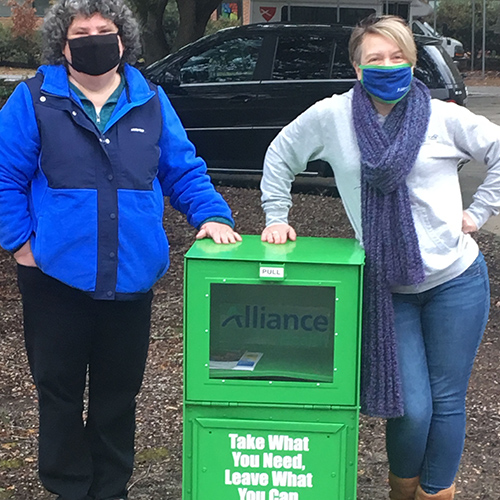
Alliance’s Little Pantry in Johnston County is available for community members to take what they need or to donate items.
Our Community Inclusion Planning is a 26-item measure that helps a person to explore his or her self-directed participation in the community. It asks the person to look at the different self-directed activities they may have done either independently or with friends and family in the community over the last 30 days. The idea is to explore self-directed participation in the community that happens without the support of paid mental health providers. The TUCPM provides specific examples of community activities such as going to the library, going to a movie, or going to work.

“Community Inclusion focuses on the opportunity to live in the community and to be valued for one’s uniqueness and abilities like everyone else.”
Mark Salzer, Temple University
System of Care (SOC) is a collaboration to facilitate coordinated, community-based, culturally competent, person-centered and family-focused services for individuals, children and families who have mental health issues and other life challenges. The SOC is designed to build on the strengths of the individuals to improve access to services and engage in a partnership between people seeking treatment and the agencies that provide services. A system of care helps children, youth, and families function better at home, in school, in the community, and throughout life.
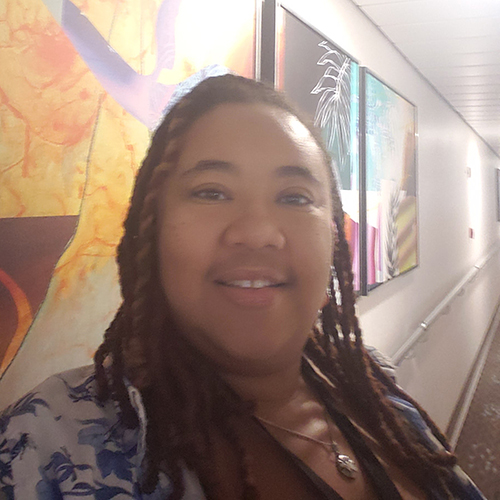
“It takes consistent coordinated efforts and a high level of commitment to enhance community resources for children and families impacted with mental health concerns.”
Teneisha Towe, Wake Co-Chair Collaborative
Alliance CARES (Community Awareness Resource, Education and Service) is an employee campaign to engage employees around the social drivers of health. The social drivers of health are the conditions in which people are born, grow, work, live and age and the wider set of forces and systems shaping the conditions of daily life. These include factors like socioeconomic status, education, neighborhood and physical environment, employment, and social support networks, as well as access to health care. Through CARES, Alliance staff have participated in community outreach efforts such as food drives, notes/cards for seniors, cleanup and landscape of housing, and school supply donations.
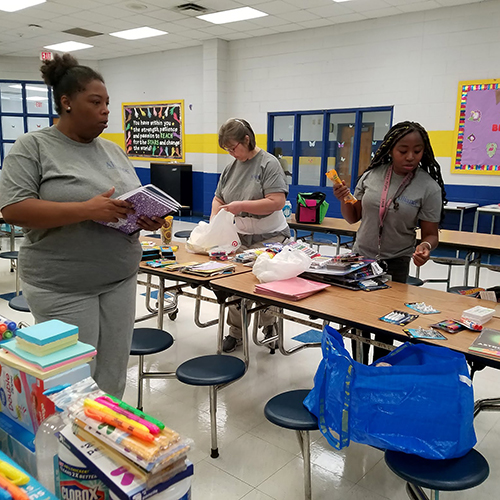
“It’s always hectic at the beginning of the year, so it’s nice to have Alliance CARES come in and partner with us to help us out.”
Sherrell Davis Turner, Creech Elementary
Featured News:
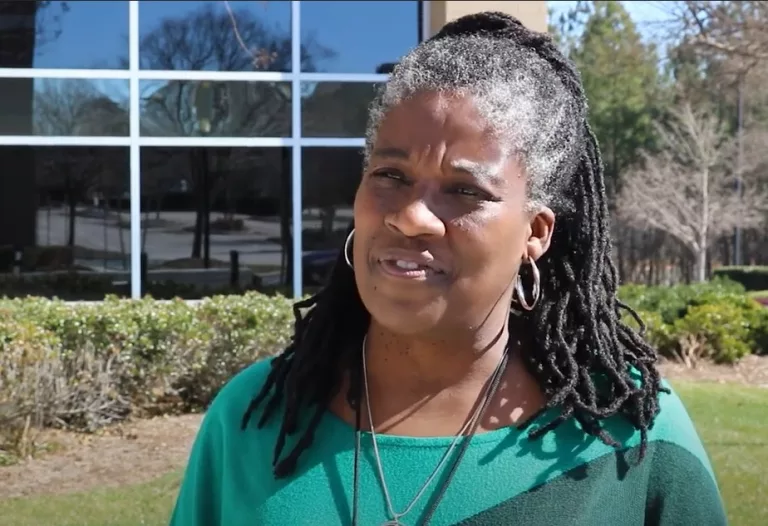
Hear from three of our staff members about their experiences with the COVID-19 vaccine, their thoughts on why some are hesitant, and why they ultimately chose to get vaccinated. #FindYourSpot #TakeYourShot #COVID #MentalHealth #PoweredByPeoplepartner and start a new initiative!

Erica Asbury is a Member Engagement Specialist at Alliance Health. As a parent of a child who had developmental disabilities, she knows first hand how important the resources are, that Alliance Health offers.
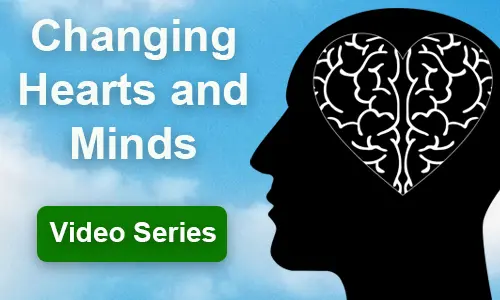
This series of six trainings will give you basic tools needed to support the people we serve with the dignity and respect they deserve, to improve our communities by allowing them to experience all of their citizens’ different gifts, to have inclusive neighborhoods that embrace the value of every member.
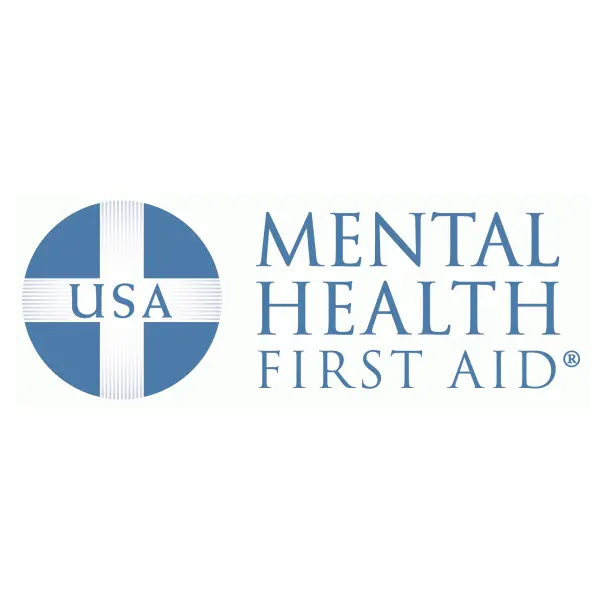
Alliance Health is now pleased to offer both Adult and Youth Mental Health First Aid virtually. This virtual learning experience includes two hours of self-paced learning followed by four hours of virtual live instruction. Register now to attend one of our upcoming classes.

